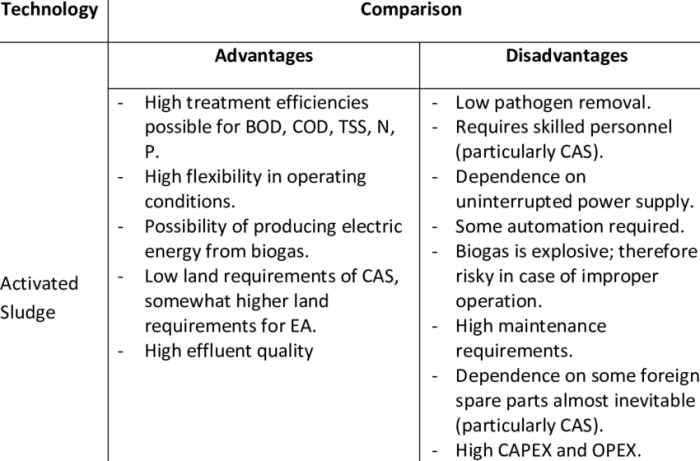One disadvantage of inpatient/residential treatment is that – Inpatient and residential treatment programs provide a structured and supportive environment for individuals struggling with mental health or substance use disorders. However, one potential disadvantage of these programs is that they can limit an individual’s social interactions with people outside the facility.
This can have a significant impact on the person’s ability to reintegrate into society once treatment is completed.
In this article, we will explore the potential impact of limited socialization in inpatient/residential treatment, discuss alternative treatment options, and provide tips for maintaining social connections during treatment.
1. Limited Socialization

Inpatient/residential treatment involves living in a structured environment for an extended period. While this can provide a safe and supportive setting for recovery, it also limits social interactions with people outside the facility. This lack of exposure to diverse social situations can make it difficult for individuals to practice social skills, develop healthy relationships, and learn how to navigate social situations effectively.
Consequently, upon returning to society, they may face challenges in reintegrating and building a support system.
Impact on Reintegration
- Difficulty adjusting to social norms and expectations
- Limited ability to establish and maintain relationships
- Reduced confidence in social interactions
- Increased risk of isolation and loneliness
2. Cost and Financial Burden: One Disadvantage Of Inpatient/residential Treatment Is That

Inpatient/residential treatment is often associated with high costs. The duration of treatment, the type of facility, and the level of care required can all significantly impact the financial burden on individuals and families. These costs can include accommodation, meals, therapy sessions, medications, and other expenses.
For those without adequate insurance coverage, the financial burden can be overwhelming, leading to debt, financial hardship, and even delaying or preventing access to treatment.
Alternative Treatment Options
- Outpatient therapy
- Intensive outpatient programs (IOPs)
- Partial hospitalization programs (PHPs)
- Community-based support groups
- Telehealth services
3. Potential for Isolation and Loneliness

The isolated environment of inpatient/residential treatment can contribute to feelings of loneliness and isolation. Individuals may be separated from their loved ones, friends, and familiar surroundings, which can lead to a sense of disconnection and a lack of emotional support.
Extended periods of isolation can also negatively impact mental and emotional well-being, increasing the risk of depression, anxiety, and other mental health concerns.
Impact on Well-being, One disadvantage of inpatient/residential treatment is that
- Increased feelings of sadness and loneliness
- Reduced motivation and energy levels
- Difficulty concentrating and making decisions
- Increased risk of self-harm and suicidal thoughts
Query Resolution
What are the potential consequences of limited socialization in inpatient/residential treatment?
Limited socialization in inpatient/residential treatment can lead to difficulty reintegrating into society, reduced social skills, and increased feelings of isolation and loneliness.
What are some alternative treatment options that may offer more opportunities for socialization?
Alternative treatment options that may offer more opportunities for socialization include outpatient therapy, partial hospitalization programs (PHPs), and intensive outpatient programs (IOPs).
How can individuals maintain social connections during inpatient/residential treatment?
Individuals can maintain social connections during inpatient/residential treatment by staying in touch with family and friends through phone calls, video chats, and letters. They can also participate in group activities and socialize with other residents in the facility.